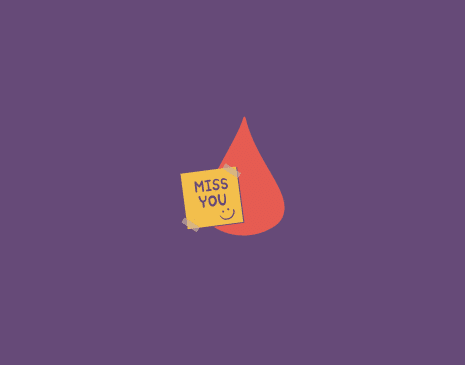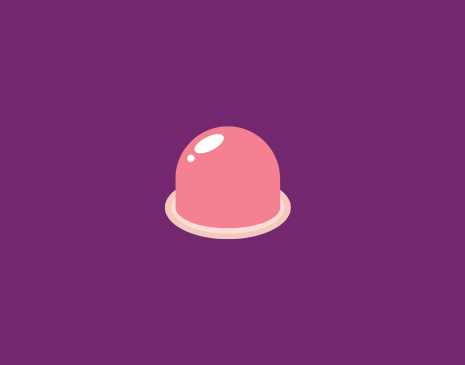Birth control can often lighten or even stop periods altogether for some individuals due to its hormonal effects, but the extent of its impact can vary depending on the type of birth control used and individual factors.
Let’s talk about periods and birth control – it’s a part of womanhood that’s unique for everyone. If you’re considering birth control but feeling a bit puzzled about how it might affect your monthly cycle, here’s the lowdown on what you need to know to navigate this important aspect of your reproductive health.
Understanding Birth Control and Periods: What You Need to Know
Here’s the deal: not all birth control methods hit the pause button on your period. Some can make it lighter, while others might bid it adieu altogether. It all depends on the type of birth control you choose and how your body reacts to it.
Now, let’s break it down. Hormonal birth control methods, like the birth control pill or the patch, play a bit of hide-and-seek with your natural cycle. They work by tweaking your hormone levels, which can lead to lighter periods or no periods at all (also known as amenorrhea). It’s like your body’s way of saying, “Thanks, but no thanks” to Aunt Flo’s monthly visit.
But hold up – not all birth control methods impact your period. Non-hormonal options, such as the copper intrauterine device (IUD), let your body do its thing without interference. So if you’re not keen on shaking things up in the hormone department, these might be more your style.
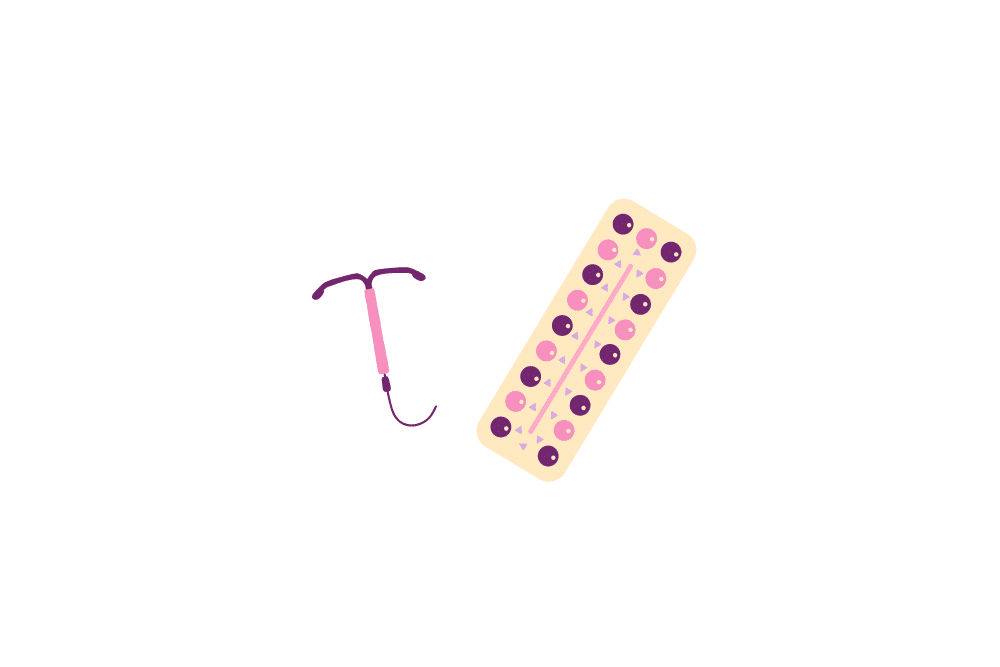
Myth vs. Reality: Can Birth Control Pills Stop Your Period?
Rumours swirl about the ability of birth control pills to stop menstruation. But let’s separate fact from fiction. Can birth control pills really put a stop to your period?
Dispelling the Myth
There’s a common misconception floating around that all birth control pills can halt your period entirely. While it’s true that certain types of birth control pills can significantly reduce or even eliminate menstruation, not all pills have this effect.
Understanding Hormonal Birth Control
Hormonal birth control pills contain synthetic hormones, typically oestrogen and progestin. These hormones work together to prevent ovulation and thicken cervical mucus, making it harder for sperm to reach an egg. For many users, this hormonal cocktail can also lead to lighter periods, shorter periods, or even absent periods.
Types of Birth Control Pills
Not all birth control pills are created equal. Combination pills, which contain both oestrogen and progestin, are more likely to affect your menstrual cycle. On the other hand, progestin-only pills, also known as mini-pills, may have less of an impact on menstruation for some individuals.
Individual Variation
While some people may experience a complete halt to their periods while on birth control pills, others may continue to have light bleeding or spotting. Your body’s response to birth control can vary based on factors such as hormone levels, genetics, and overall health.
Consulting Your Healthcare Provider
If you’re considering using birth control pills to manage your period or have concerns about their effects on menstruation, it’s essential to consult your healthcare provider. They can help you understand your options, choose the right pill for your needs, and address any questions or concerns you may have.
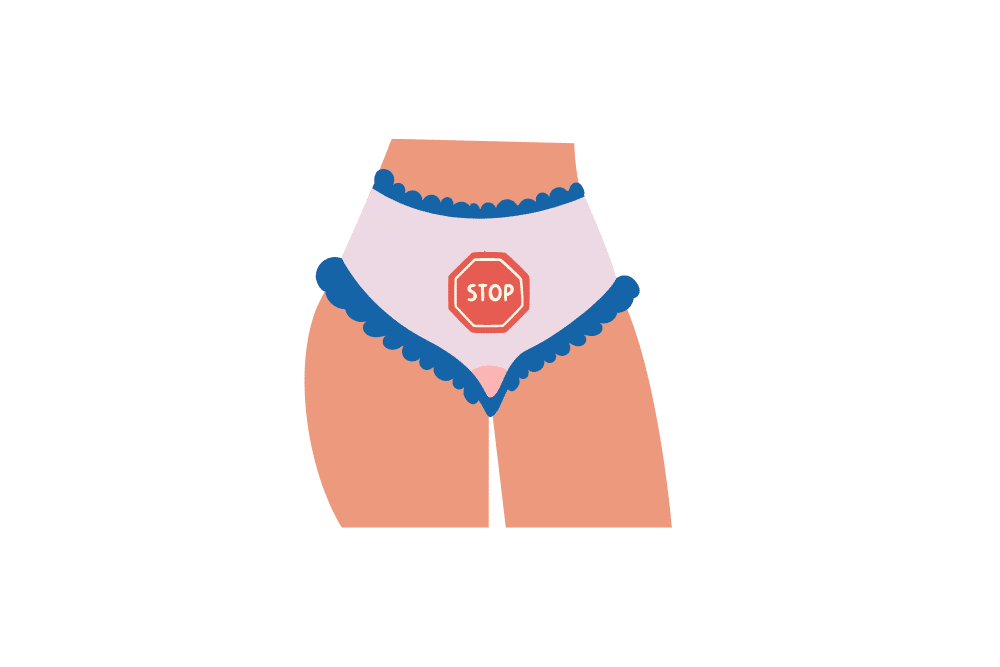
Exploring Birth Control Options: Types That May Stop Your Period
When it comes to birth control, the idea of waving goodbye to your monthly period can be enticing. Fortunately, there are several types of birth control that have the potential to significantly reduce or even stop your period altogether. Let’s take a closer look at these options and explore how they work.
Hormonal Birth Control Pills
Taking hormonal birth control pills that contain both oestrogen and progestin, may regulate and sometimes eliminate menstrual bleeding. By suppressing ovulation and thinning the uterine lining, these pills can result in lighter, shorter, or absent periods for many individuals.
Hormonal Birth Control Patch
Similar to combination birth control pills, the contraceptive patch releases hormones into the body to prevent pregnancy. This method can also lead to lighter or less frequent periods, and in some cases, periods may stop altogether.
Hormonal Intrauterine Devices (IUDs)
Hormonal IUDs continuously release progestin into the uterus, which thickens cervical mucus and inhibits sperm movement. This can result in lighter periods or even amenorrhea (the absence of menstruation) for some users.
Birth Control Implant
The birth control implant, a small rod inserted under the skin of the upper arm, releases progestin to prevent pregnancy. Like hormonal IUDs, it can lead to lighter periods or no periods at all for some individuals.
Continuous Use of Birth Control Pills
While not a specific type of birth control, some individuals opt to skip the placebo pills (inactive pills) in their birth control pack and instead continue taking active pills continuously. This can result in fewer or no withdrawal bleeds, effectively stopping your period.
While these methods have the potential to stop your period or skip your period, individual experiences may vary. Some people may prefer to have a regular period as a sign of reassurance or may experience breakthrough bleeding or spotting while using these forms of birth control. Before making any decisions, it’s best to consult your healthcare provider to determine which option is best suited to your needs and preferences.

Do You Still Get a Real Period on Birth Control?
When you’re on certain types of birth control, like combination pills, hormonal patches, or hormonal IUDs, you may experience what’s often called “withdrawal bleeding” rather than a true menstrual period. This bleed occurs during the placebo or hormone-free interval of your birth control regimen.
During a withdrawal bleed, your body responds to the drop in hormone levels by shedding the uterine lining, similar to a menstrual period. However, this bleed isn’t necessary for your health or fertility—it’s simply a response to the hormone changes caused by your birth control method.
In contrast, when you’re not using hormonal birth control, your menstrual cycle is driven by natural fluctuations in hormone levels. Each month, your body prepares for a potential pregnancy by thickening the uterine lining. If pregnancy doesn’t occur, the lining is shed during your menstrual period.
So, while the bleeding you experience on birth control may look and feel like a period, it’s technically different because it’s triggered by hormonal changes rather than the natural ovulation and menstruation process. Nonetheless, it’s important to remember that whether you’re on birth control or not, any bleeding or lack thereof doesn’t define your reproductive health or femininity. If you have concerns about your menstrual cycle or birth control method, it’s always best to discuss them with your healthcare provider.
What Birth Control Pills Can Stop Your Period?
For those seeking greater control over their menstrual cycles, certain types of birth control pills offer the potential to stop periods altogether. These pills typically contain a combination of hormones that work to regulate the menstrual cycle. By consistently taking birth control pills as directed, some individuals may experience a significant reduction in the frequency and intensity of their periods, or even a complete cessation of menstruation.
This can be particularly beneficial for those looking to manage menstrual symptoms or for whom regular periods are not a priority. However, it’s important to note the decision to stop periods with birth control pills should be made in consultation with a healthcare provider, who can provide personalised guidance based on individual health needs and preferences.
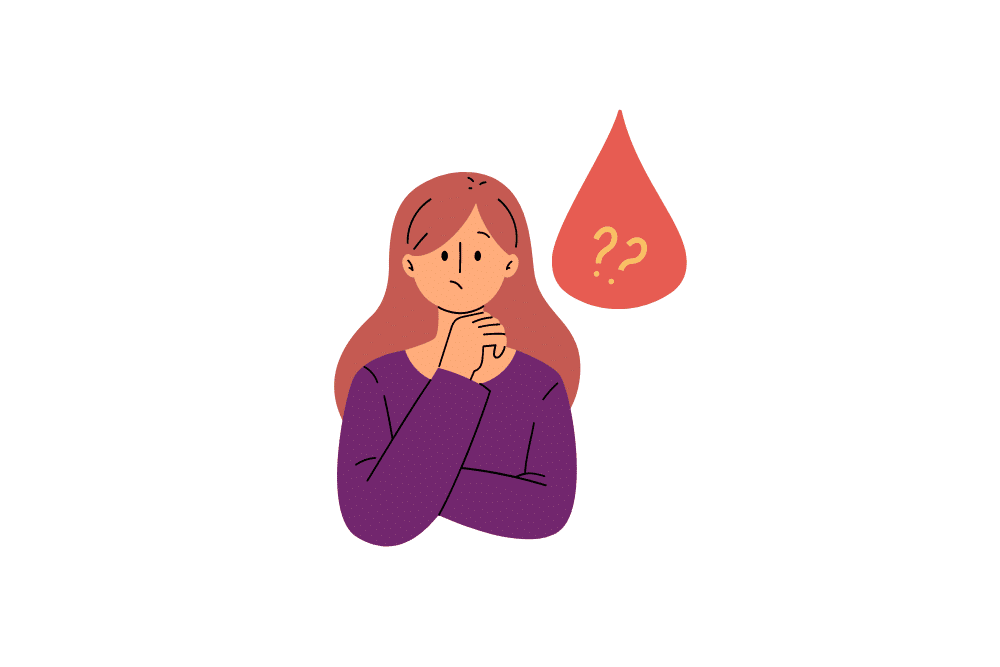
Considering Birth Control Options and Period Management
When it comes to managing your reproductive health, having choices empowers you to make decisions that align with your lifestyle and preferences. Birth control options offer a range of possibilities for period management, from reducing menstrual symptoms to stopping periods altogether. By exploring these options and discussing them with your healthcare provider, you can find the birth control method that best suits your needs and empowers you to take control of your menstrual cycle.
Whether you opt for a hormonal birth control method like pills or patches, non-hormonal options such as copper IUDs, or alternative approaches like menstrual suppression with continuous pill use, the key is to find a solution that works for you. By understanding the pros and cons of each method and considering factors like birth control effectiveness, side effects, and convenience, you can confidently choose the birth control option that empowers you to live your life on your own terms.
The bottom line: understanding how birth control plays into your period game is key to making the right choice for you. It’s like finding the perfect playlist for your workout – you want something that suits your vibe and keeps you feeling good. So, whether you’re saying “see ya later” to your period or just looking to keep things status quo, knowing your options is where it’s at.

